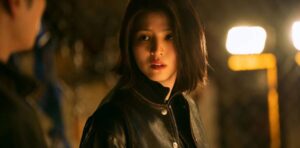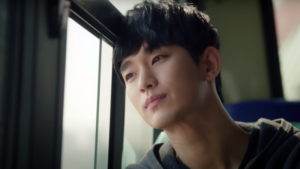11 K-Dramas With Strong Women Characters & Empowering Storylines

Lately, there have been some compelling K-dramas where the female lead is more than just an object of desire. Rather, she is the capable one who is an integral part of the plot. Here are 11 K-dramas from recent years that exemplify female empowerment.








